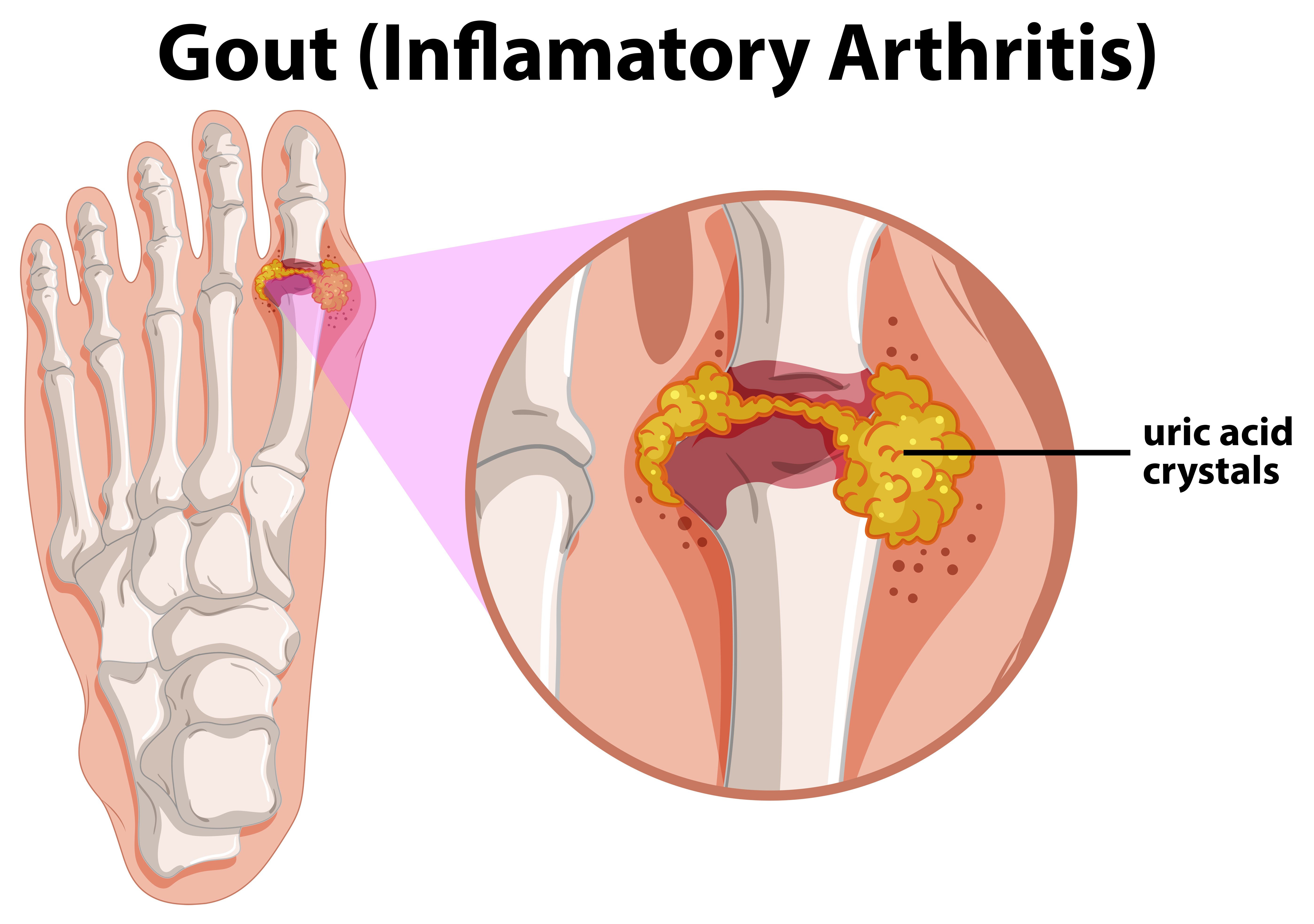
The Role of Hormones in Surgical Options for Severe Cases of Carpal Tunnel Syndrome
Introduction: Carpal Tunnel Syndrome (CTS) can become severe, affecting daily activities despite conservative treatments. In such cases, surgery may be necessary. But did you know that hormones can also play a role in CTS surgery? Let’s delve into how hormonal imbalances influence surgical options for severe CTS.
Understanding Hormones and CTS: Hormones are chemical messengers that regulate various bodily functions, including inflammation and fluid balance. Hormonal changes, such as those during pregnancy or menopause, can exacerbate swelling and pressure on the median nerve in the wrist, worsening CTS symptoms.
Surgical Options for Severe CTS: When CTS symptoms persist despite conservative treatments, surgery may be recommended to relieve pressure on the median nerve. Surgical options include:
- Carpal Tunnel Release: This procedure involves cutting the ligament that forms the roof of the carpal tunnel to reduce pressure on the median nerve.
- Endoscopic Surgery: In this minimally invasive procedure, a small incision is made, and a tiny camera is inserted to guide the surgeon in cutting the carpal ligament.
- Open Surgery: Traditional open surgery involves making a larger incision to access the carpal ligament directly.
The Role of Hormones in CTS Surgery: Hormonal imbalances can impact the outcome of CTS surgery. For example, hormonal changes during pregnancy can lead to increased fluid retention, potentially affecting surgical recovery. Additionally, hormonal fluctuations may influence the severity of post-surgical symptoms.
In Carpal Tunnel Syndrome (CTS) surgery, hormonal factors can impact the condition’s severity and recovery. For instance, hormonal fluctuations during pregnancy may exacerbate symptoms, making surgery a viable option. Additionally, hormonal imbalances might affect post-surgical recovery and symptom management. Understanding these hormonal influences can help healthcare providers tailor treatment plans effectively for individuals with CTS.
Conclusion: Understanding the role of hormones in surgical options for severe Carpal Tunnel Syndrome is crucial for optimizing treatment outcomes. By considering hormonal factors and exploring surgical options, individuals with severe CTS can find relief and improve their quality of life.
To seek medical advice, always consult a Doctor. Here are our recommended experts. Click Here
To read more on Carpal Tunnel Syndrome. Click Here


